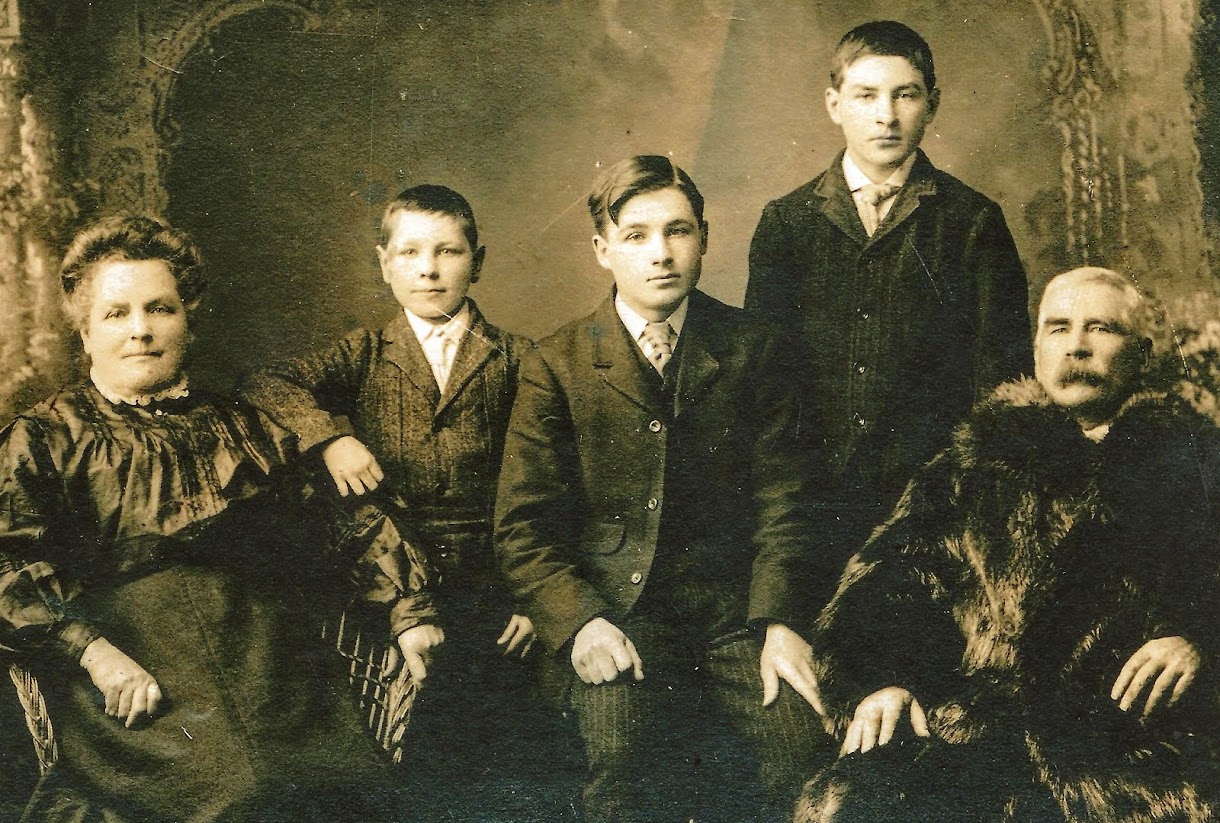Relationship to Me
THIRD Great Grand-Father
They were Frederick II, Landgrave of Hesse-Kassel (a principality in northern Hesse) King George III's brother in law, his son William, count of Hesse-Hanau and nephew to King George III; Charles I, Duke of Brunswick; Frederick, Prince of Waldeck; Charles Alexander, Margrave of Anspach-Bayreuth; and Frederick Augustus, Prince of Anhalt-Zerbst.
There were many reasons
for those soldiers to stay, one of them without doubt the fear of a long and
dreadful sea voyage on little crowded sailing ships, but the most important
reasons were the opportunity for a better life and freedom from oppression, and
the promise of free land from the government. Many had already established good
contacts with the local population and found companionship. Particularly in Quebec
the churches registered a great number of marriages between German soldiers and
French-Canadian brides.
THIRD Great Grand-Father
~
In early 1776, King
George III of England hired units from
the various houses or states of Germany to assist with bringing the the
colonist's rebellion to order. The hiring of foreign troops to supplement a
country's army was a normal procedure during this time of history. Several of
the German rulers, needing hard currency and being "between wars",
were only too happy to oblige.They were Frederick II, Landgrave of Hesse-Kassel (a principality in northern Hesse) King George III's brother in law, his son William, count of Hesse-Hanau and nephew to King George III; Charles I, Duke of Brunswick; Frederick, Prince of Waldeck; Charles Alexander, Margrave of Anspach-Bayreuth; and Frederick Augustus, Prince of Anhalt-Zerbst.
The
Hessians and the American Revolution
Revolutions do not start
with a big bang, they are like a kettle of water slowly simmering on the stove
until with increased heat it suddenly boils over. That is exactly what happened
with the American Revolution, everybody saw it coming, except the British, they
were utterly unprepared when finally the boiling point was reached. when the
conflict started there was hardly any British military power in place in the
American colonies. The few British troops stationed at Boston and New York saw
themselves vastly outnumbered and in March of 1776 fled to the safe harbour of
Halifax, Nova Scotia, leaving all the existing British colonies in the hands of
the rebels, except Nova Scotia, which at the time included the territory of
New Brunswick, and the Province of Quebec.
The American
revolutionaries, encouraged by their initial successes, invaded Canada in
September of 1775 under the pretext to liberate their northerly neighbours from
the tyranny of the British king. In December they had captured the City of
Montreal, and advanced to the fortress of Quebec City. Only the determined
defence put up by Governor Guy Carleton and his small army deprived the
attackers of final success. Quebec held out against all attacks until spring of
1776, when a British fleet arrived with a large army of British and German
troops.
The German troops had
been hired by King George III to help to suppress the American revolution. All
through the previous winter negotiations had taken place between the King's
emissaries and some German princes to supply a substantial number of well
trained troops to serve in America. In fact, some of the princes recognizing
Britain's need for additional troops, had offered them to King George III, and
after due discussions in the British parliament, treaties were signed with six
individual princes to supply 20,000 men to be shipped immediately to Canada and
America.
After the war ended in
1783, 17,313 Hessians returned to their homelands. Of the 12,526 who did not,
about 7,700 died - around 1,200 were killed in action and 6,354 died from
illness or accidents. Approximately 5,000 Hessians settled in North America,
both in the United States and Canada - some because their commanders refused to
take them back to Germany because they were criminals or physically unfit. Most
of them married and settled amongst the population of the newly formed United
States. Many of them became farmers or craftsmen. The number of their direct
descendants living in the U.S. and Canada today is still being debated.
CREDIT

No comments:
Post a Comment